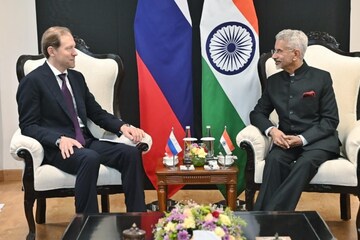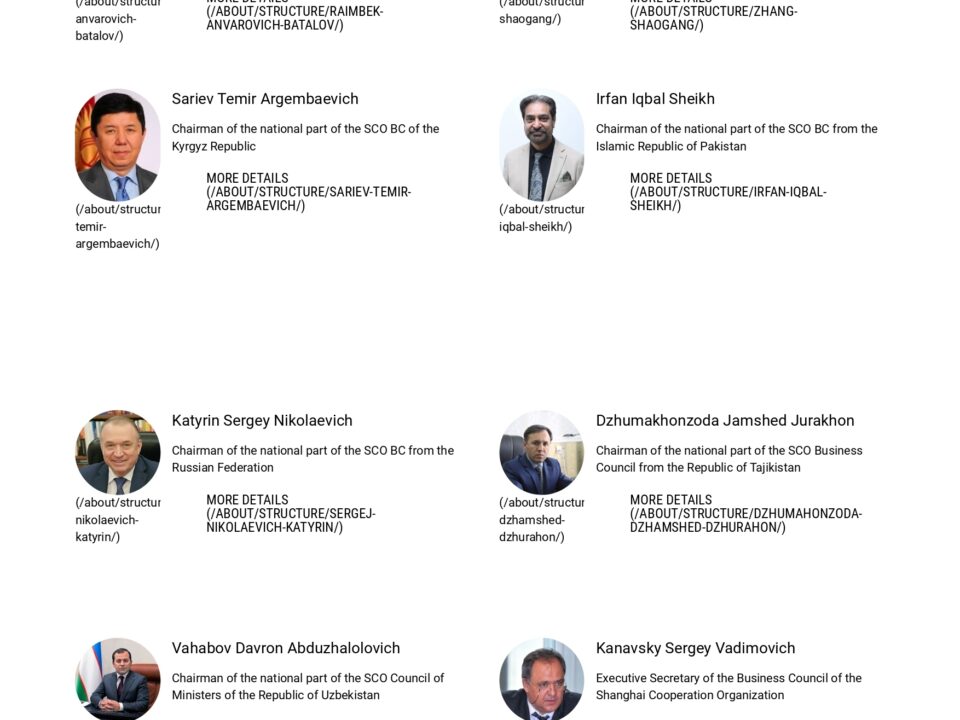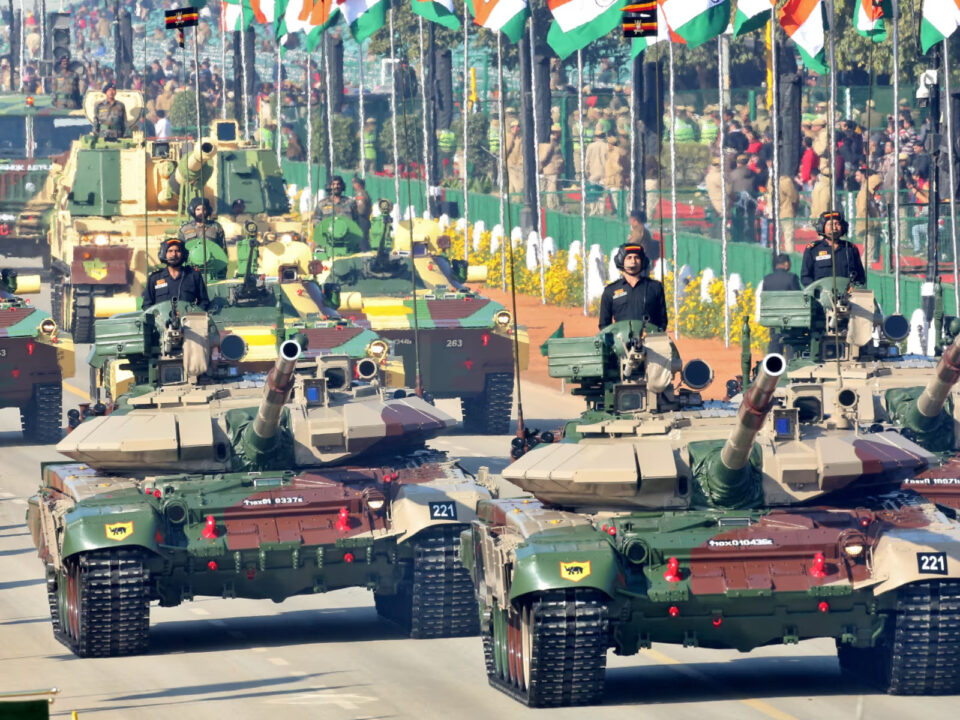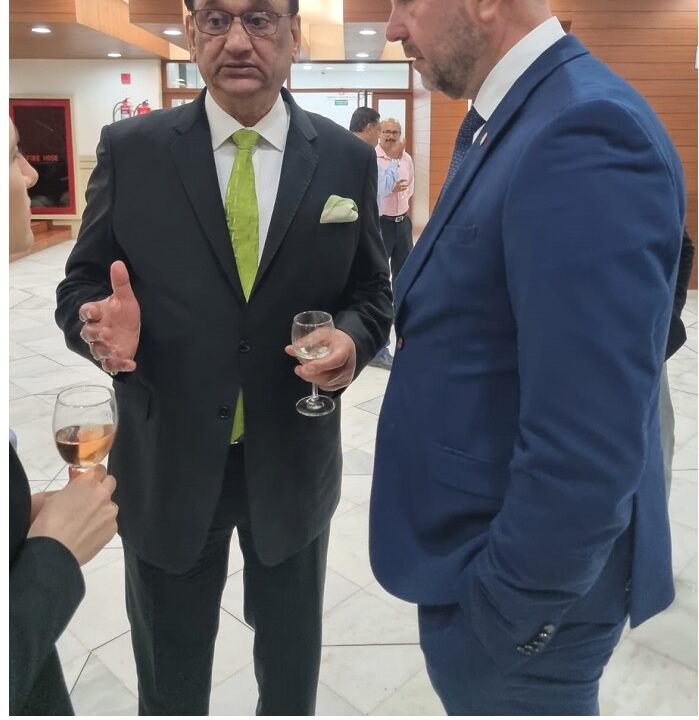India-Russia Trade Opportunities: Harnessing Technology Transfer for Mutual Benefit

Texmaco Rail & Engineering: Pioneering Innovations in India’s Railway Sector
July 24, 2023
4th Edition of the RAIL & METRO TECHNOLOGY CONCLAVE 2023
August 2, 2023India and Russia share a long-standing history of diplomatic, economic, and cultural ties. Over the years, both nations have explored avenues for collaboration and trade, laying the foundation for a strategic partnership. As the global economic landscape evolves, the opportunities for India-Russia trade are more promising than ever. Leveraging technology transfer presents a unique avenue for both countries to further enhance their economic cooperation and reap mutual benefits. In this blog, we will explore the potential trade opportunities and the significance of technology transfer in boosting bilateral relations.
- Strengthening Economic Ties:
India and Russia boast complementary economies, each with distinct strengths. While Russia is known for its expertise in areas like energy, defense, and space technology, India is a thriving hub for IT services, pharmaceuticals, and agriculture. By tapping into each other’s strengths, both nations can bolster their economic growth. Technology transfer can act as a catalyst in this process, facilitating the exchange of knowledge, skills, and innovation.
- Advancing Industrial Sectors:
Technology transfer plays a vital role in advancing industrial sectors in both India and Russia. Collaborating on research and development projects can lead to the creation of cutting-edge technologies, which can be adapted and implemented across various industries. This not only leads to increased productivity but also enhances competitiveness in the global market.
- Fostering Innovation:
The transfer of technology between India and Russia opens up avenues for cross-pollination of ideas and fosters a culture of innovation. Joint ventures and research partnerships can result in breakthrough innovations that address shared challenges and offer sustainable solutions. This spirit of innovation is crucial for both countries to navigate the complexities of the 21st-century economy.
- Enhancing Trade Balance:
India-Russia trade has historically been skewed in favor of Russia. However, by facilitating technology transfer, India can gain access to advanced technologies and equipment, reducing its reliance on imports. Simultaneously, Russia can benefit from India’s growing consumer market and gain a competitive edge in sectors where India excels. This balance in trade can foster a more sustainable and long-lasting economic relationship.
- Encouraging Skill Development:
Technology transfer involves the exchange of technical know-how and expertise. As Indian professionals learn from Russian counterparts and vice versa, it stimulates skill development and capacity building. This knowledge transfer can have far-reaching effects, enhancing the employability of the workforce and contributing to human capital development in both nations.
- Collaborating in Emerging Technologies:
Emerging technologies like artificial intelligence, clean energy, and biotechnology hold immense promise for the future. By pooling resources and expertise, India and Russia can jointly explore these technologies, accelerating their adoption and application. This collaboration positions both countries as global leaders in innovation and sustainable development.
- Strengthening Diplomatic Ties:
Economic cooperation, facilitated by technology transfer, can create a positive ripple effect on diplomatic relations. Closer economic ties often lead to deeper political engagements, fostering mutual understanding and trust. A robust economic partnership can serve as a solid foundation for addressing global challenges together.
Mr. Tribhuvan Darbari, Chairman, SCO Business Council Secretariat, India, Managing Director & CEO, Texmaco Defence Systems Private Limited & Chief Executive, Texmaco Rail & Engineering Ltd, Resident Director, Adventz Group Fertilizer Companies stated that “The India-Russia trade relationship is on the cusp of transformation, with technology transfer serving as a linchpin for this evolution. Embracing collaboration and sharing knowledge between these two great nations can unlock a world of opportunities and yield unparalleled benefits. As the world becomes increasingly interconnected, leveraging technology transfer will not only enhance economic growth but also strengthen diplomatic ties. By embracing this spirit of cooperation, India and Russia can forge a path of mutual prosperity and contribute significantly to global development.”




